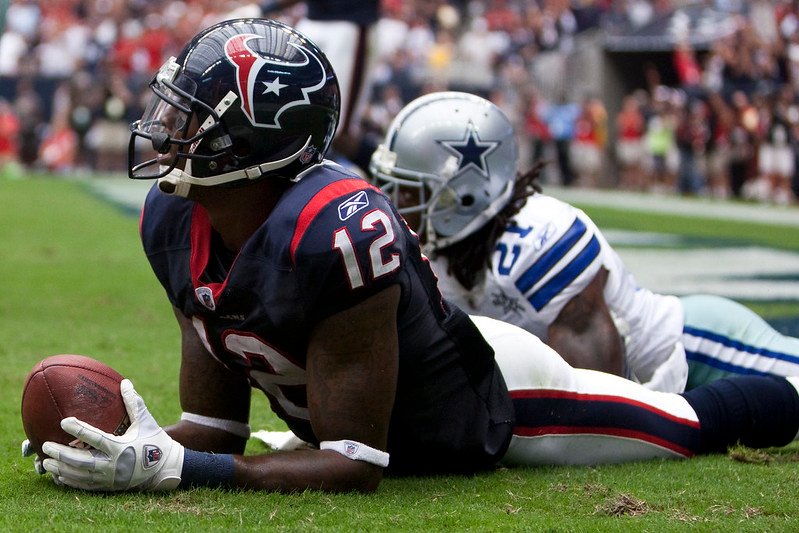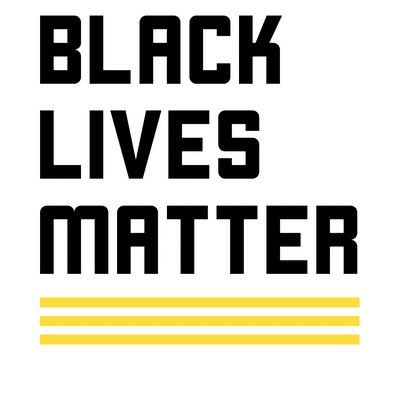Does the abuse hurled at the footballer Raheem Sterling signify a return to the bad old days of Eighties racism? Or does it represent an excuse to slam the working classes as racist and ignorant?
The question of racism in football bubbles up to the surface every now and again. Whether Ron Atkinson calling Marcel Desailly a “nigger” off mic in 2003, John Terry calling Anton Ferdinand a “fucking black cunt” in 2011, Luis Suarez ‘allegedly’ using a racial slur against Patrice Evra in the same year, Chelsea fans preventing a black man from entering the Paris Metro in 2017, or even more recently with Mesut Ozil retiring from international football because of racism and accusations of ‘dual loyalty’.
In all these cases we all gather round, utter our well meaning, yet increasingly stale and meaningless platitudes, remind each other of the progress we’ve made and how much we have to go, and pronounce how we must ‘stamp out racism’ from football whilst not giving anything concrete to back it up. Now we are in the midst of another race controversy.
First, there was the ‘incident’ at The Emirates Stadium where a Tottenham fan threw a banana skin at Arsenal striker, Pierre Emerick Aubameyang after he scored a goal in Arsenal’s 4–2 win. But most of the coverage and commentary has been on the abuse suffered by Manchester City’s Raheem Sterling in last Saturday’s game against Chelsea. Four white, mainly middle aged men, were seen leaning near Sterling and screaming and vomiting their venomous abuse at him.
Allegedly, one of these men 60-year-old Colin Wing, called Sterling a “fucking black cunt”. Though he denies this and claims that he actually called him a “fucking manc cunt”. Despite his apology and ‘clarification’, Wing has lost his job and received a lifetime ban, so he’s not setting foot in a football stadium anytime soon. The following day Sterling issued a statement on Instagram that publicly attacked the Daily Mail for its racially tinged double standards in reporting, which he said “fuelled” the kinds of abuse he has encountered.
Sterling has obviously ignited a debate on racism in English football and put the spotlight on how the tabloid press portray young black footballers. For some like Ian Wright, this shows that we’re in danger of returning back to the bad old days of racism in the 1970s and 80s. On one level I agree this is important to discuss, especially as according to recent statistics racist abuse in football matches have risen for the sixth year in a row, and it is a good thing so many people are discussing this in a way when before perhaps they wouldn’t have. However, there is a poverty to the current discussion as it is taking place in a narrow and restrictive manner.
Now, it is not news to me that tabloid newspapers like The Sun and The Daily Mail have long sensationalised prejudice to sell their ‘product’, not just against black footballers. They have also engaged in demonising migrants, smearing Muslims, gay baiting, demonisation of working class communities of all skin colours, as well as moralistically condemning footballers for their “obscene” wages and lavish lifestyles. So I am never surprised when they come out with garbage to pursue a reactionary agenda. Don’t be fooled by their appeal to the ‘ordinary bloke’ bullshit. These papers are very much part of the establishment and receive support from the elite of this country.
Though the existence of this relatively uncontroversial point was denied vociferously by some media personalities such as — how could it be otherwise — Piers Morgan, soon to be Trump’s latest sycophant who felt this was no different to the abuse and vitriol Paul Gascoigne, Wayne Rooney and David Beckham received when they had their phases of unpopularity. Mick Hume of spiked thinks the Sterling affair is being used as a “political football” by moralising middle class snobs to “give all common football fans a kicking as racist thugs, sticking the boot into the tabloid press for allegedly stoking prejudice and violence, and demanding stricter policing of both”. The core assumption behind this supposed campaign is as Hume writes is “the fashionable belief that working class Brexit supporters are a bigoted mob”.

I propose that we need to reject a double blackmail. First of all, we should not lazily attribute racism as a social problem as the sole province of the working class (or the so called ‘white working class’ to be more specific). This is also used as a cheap pseudo explanation for Brexit in some quarters: It was the foul mouthed, knuckle dragging, “white working class” that voted for it because of their entrenched xenophobia and racism. The problem of racism is not a sin, or a moral deficiency of some phantom constituency called the ‘white working class’. Racialism, to use that old fashioned term, was a moral, social and intellectual foundation of the British empire, which historically was embedded in all the structures and institutions of the British state and society, and has been reproduced by the ‘educated’ middle classes and the self-serving ruling class to give itself a sense of identity and superiority.
We also have to resist the suggestion that any effort to talk about and address racism, as well as other bigotries like sexism and homophobia in football, or any effort to produce a more inclusive and socially liberal culture in football must necessarily be the hallmark of politically correct elitist liberal killjoys who wish to alienate working class people. This assumes that the interests of working class women, ethnic minorities and LGBT people don’t matter as far the working class is concerned, or that social liberalism is somehow inherently anti-working class, which I, as a black bisexual of a working class background who loves football, find patronising and offensive.
If one reads Pitch Black by Emy Onuora, which tells the story of the rise of Black British footballers in the game, it reminds us of just how prevalent racism was in English football. In the 1970s and 80s black players were routinely subjected to racist abuse, monkey chants and bananas thrown at them from the terraces. Far right groups openly recruited and sold their hate literature inside and outside football grounds without any challenge from the clubs. Racism from the terraces wasn’t only confined to away fans. Home fans would mercilessly racially abuse their own black players and would angrily send letters to clubs and the local press condemning the inclusion of black players into their football team.
We aren’t talking about a couple of guys who would do this like what we saw with the Sterling affair. We’re talking about hundreds, thousands of people from all 4 sides of the stadium who would engage in such vile abuse. The reason why racism was so prevalent and acceptable in football back then was because racism was endemic in British society and culture. These were the days of “paki bashing”, the Tebbit test, the golliwog, the sus laws, Asian brides being sexually violated by immigration officers and so on. Racism was as British as a cup of tea.
Likewise, the reason why that kind of aggressive crowd racism has largely been extinguished from the terraces is because British society has changed. The kind of visceral, in your face racism that was quite commonplace in British society has now mostly dissipated. Far right groups like The National Front are not as strong as they once was, there has been a considerable liberalisation in social attitudes, anti-racist norms are more widespread as a result of social activism, and ethnic and cultural diversity in many parts of Britain has become a part of everyday life. Obviously, this doesn’t mean that things are perfect or that racism still isn’t a problem, but there has been some progress, which is real and shouldn’t be dismissed.

As for the Sterling affair, I think we are in danger of exaggerating its broader meaning and leaping to conclusions, which is a tendency whenever these online exposures of anecdotal incidents of racist behaviour does the rounds on social media. It can distort our perceptions. It neither means we’re going back to the 70s or 80s or that everything is fine in football and there is nothing to see here.
The question of diversity in the higher echelons of football and the media has come up. This is not an unimportant question, and more does need to be done, but I think the reasons why there aren’t more black managers and coaches in football are more complex than a simplistic ‘one size fits all’ explanation of institutional racism or invisible racism. This conception is problematic – the Ta Nehisi Coates-style idea, that racism is some metaphysical state of being which you can’t see and can’t be fully rooted out, does more to mystify racism than clarify it.
As far as football is concerned and what it can do to fight racism. I think it is right and fair to take a zero tolerance approach to racist abuse in stadiums. Those who engage in it should be sanctioned. In addition, those of us who are progressively minded and love football should continue to make sure that fan culture is inclusive, socially progressive and based on solidarity. We should also be vigilant for attempts by the far right and neo-fascist groups to try and claim this space and recruit from it. As necessary and valuable this is, we also have to recognise that anti-racism shouldn’t be compartmentalised. It has to deal with cause not just the symptoms. On this specific point, I agree with John Barnes that we have to deal with the root of the matter and broaden the debate more widely beyond football.
In order to truly stamp out racism from football there needs to be wider project for social change, such as those which historically powered anti-racist movements. This will not be achieved on the terrain of the politics of representation or more ‘education’, which really means more pathetic ‘racial awareness’ training schemes. But by broadening our political and social imagination to create a society that tears down racial barriers and smashes racial thinking for good. This requires understanding racism as a political and social question, not simply as a moral deficiency of irrational delinquents. This will not only help black footballers such as Raheem Sterling, but all of us.







Article Discussion